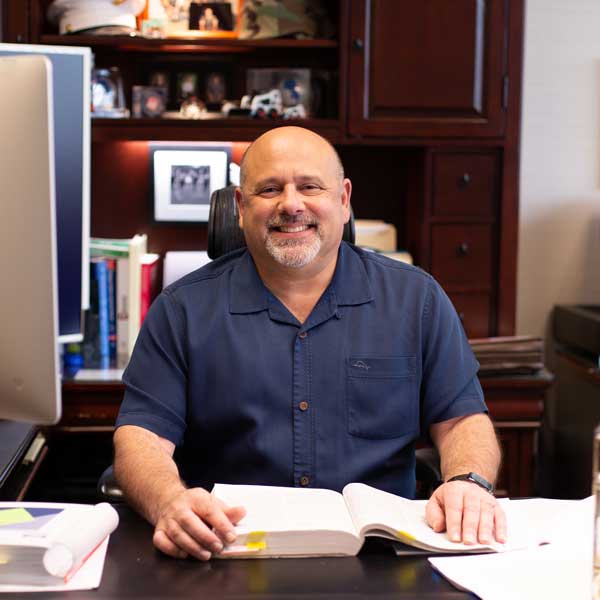When you are a parent of a newborn, sleep is a precious commodity. When “mommy bloggers” and online reviews sing praises of incline sleepers, you may be quick to jump at a few hours of uninterrupted rest. But a new recall by the Consumer Product Safety Commission connects the Fisher-Price Rock ‘N Play to at least 30 infant deaths. Find out how to keep your baby safe.
Pediatricians Warn Against Incline Sleepers
A baby’s death may be among the most traumatic experiences a parent can have. Still, around 3,500 infants in the United States die every year from sleep-related causes. The sleep-position methods recommended to prevent Sudden Infant Death Syndrome (SIDS) and other forms of infant mortality have changed over the years. The American Academy of Pediatrics currently recommends that babies should sleep alone on their backs in a crib or bassinet on a firm, bare sleep surface without soft bedding.
Incline sleepers, like the Fisher-Price Rock ‘N Play do not qualify. Since its creation in 2009, the pediatrician’s group has objected to using the Rock ‘N Play for naps or overnight sleep. In other countries, including Canada and Australia, the product may not be marketed as a sleeper. But in the United States, it can and is. Mattel, Fisher-Price’s parent company, even sends free samples of the Rock ‘N Play to “mommy bloggers” and other online reviewers to spread the word about its use as a sleep aid.
Consumer Safety Organizations Tie Rock ‘N Play to Infant Deaths
But all that advertising may have been a mistake. The Consumer Product Safety Commission (CPSC) and Consumer Reports have each launched an investigation into claims that the Rock ‘N Play is causing infant deaths. The U.S. CPSC found that since 2009, more than 30 infant deaths had occurred in Rock ‘N Play incline sleepers. Many were due to unrestrained babies rolling over and suffocating. While the Consumer Reports study was still ongoing, the CPSC issued a safety alert warning parents to stop using the product.
This is not the first time the Rock ‘N Play has been under investigation. The problem with incline sleepers has been on the radar with safety agencies for years. In 2012, the CPSC issued a warning against “baby sleep positioners”. In 2013, Consumer Reports and the CPSC linked the Rock ‘N Play to mold problems that resulted in respiratory illnesses and infections. Then last year, the CPSC issued an ambiguous Consumer Alert against “inclined sleep products”. The sleeper has been found to cause torticollis (which twists the head to one side), flatting parts of infants’ skulls, and suffocation.
Fisher-Price Announces Voluntary Recall of Rock ‘N Play Incline Sleepers
Now, the CPSC and Mattel have agreed the product is too dangerous to stay on the market. On April 12, 2019, Fisher-Price announced a voluntary recall of its 4.7 million Rock ‘N Play Sleepers. Mattel continues to state the product is not dangerous when used properly, but agreed to the recall because of incidents when “the product was used contrary to the safety warnings and instructions.” The recall warns
“If you own a Rock ‘n Play Sleeper, discontinue use of the item immediately.”
Mattel will provide a full cash refund for products purchased new after October 12, 2018. Owners of older products will receive a voucher for other Fisher-Price products based on the age of the sleeper. Mattel and the CPSC hope that parents will pay more attention to the recall than the prior warnings.
But for many families, the warnings come too late. If you, or someone you know has suffered through an infant death because of the dangerous Rock ‘N Play incline sleepers, our product liability attorneys at Macomb Law Group can help. We know how to make the most of state and federal safety laws. While no amount of money can repay you for the loss of your child, we will help you file a complaint to compensate you for your loss, and be certain other families do not have to suffer the way you did. Contact Macomb Law Group to schedule a consultation and get our team working for you.
Author
-

I began working in personal injury law more than 20 years ago, starting as a law clerk during my first year of law school at Wayne State University School of Law in Detroit. After passing the bar exam in 2002, I went on to become a partner at a series of law firms before opening the Macomb Law Group in 2017.

